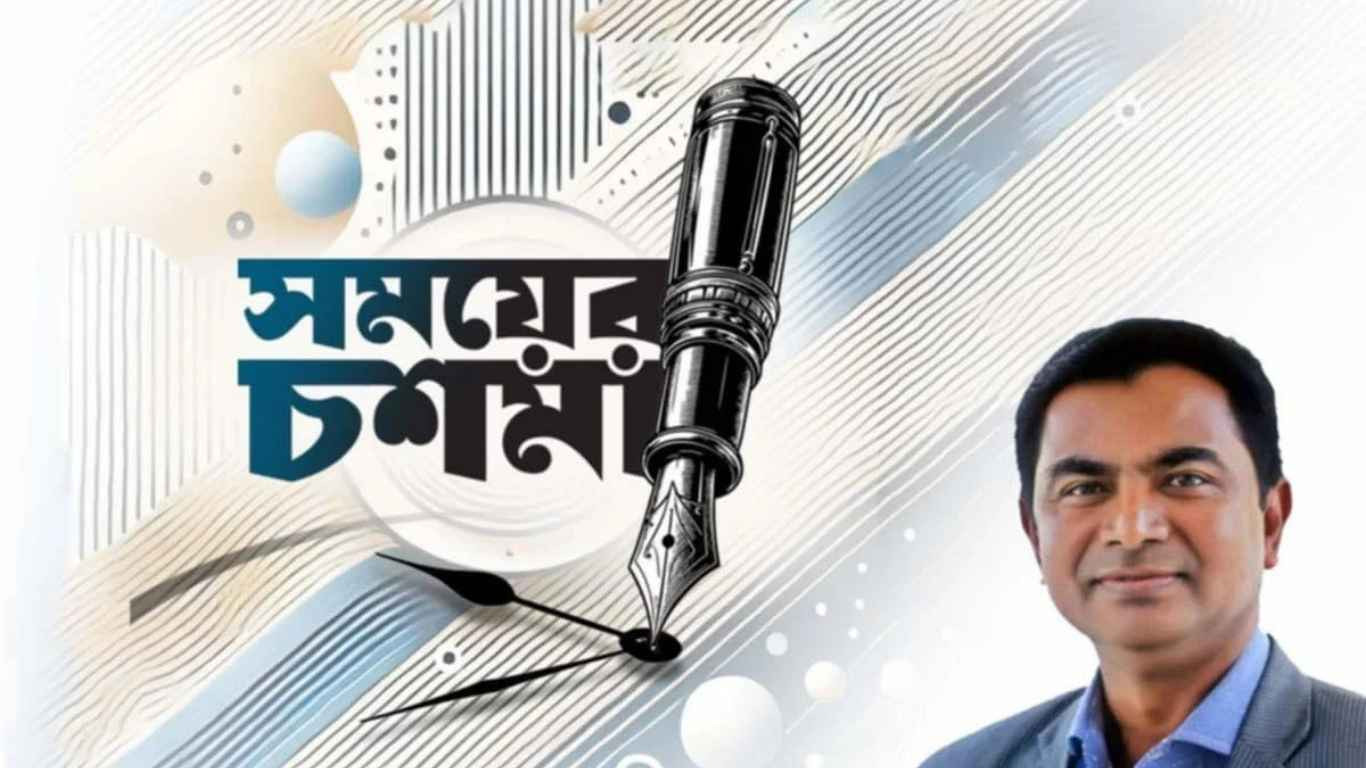
Bangladesh is on high alert. Security has been tightened across the country, with Border Guard Bangladesh (BGB) deployed at key installations and army activity increased. The question on everyone’s mind: what will happen today?
Today carries special significance. Those who once believed they would rule forever, who treated the country as their personal property and committed every imaginable crime, are finally facing justice.
The verdict in their war crimes trial will be announced today. This is undoubtedly a historic and courageous step by the government and the judiciary — and it is natural that the criminals will attempt to disrupt it.
Already, incidents of arson and crude bomb blasts have occurred in several areas. Such acts of violence are nothing new for the fascist group whose leaders and agents perfected the politics of terror — setting fire to buses, killing innocent passengers, and blaming opponents.
For 16 years, they burned people alive and framed opposition leaders in false cases. Now they have resumed their deadly tactics, aided by the government and political opportunists.
Had the government sincerely focused on holding fair elections and transferring power peacefully to a democratic administration, instead of playing political games, these fascists would not have dared to resurface. Similarly, if political parties had thought beyond greed for power and united against fascism, the exiled autocrats would not have regained strength within just 15 months.
Chief Adviser Professor Muhammad Yunus said in his 5 August address that the interim government had three major responsibilities — reform, justice, and election.
To enhance transparency and accountability in governance, economy, and judiciary, the government formed several reform commissions and later established a Consensus Commission to foster political unity. But in practice, the commission deepened division instead of building unity.
Though major parties signed the July Charter, its publication exposed sharp disunity, with several parties accusing the government of deception. Ironically, these same parties had supported the interim government unconditionally after the July uprising and hailed Yunus as the nation’s moral leader. Within just over a year, they now accuse him of betrayal.
This raises questions — whom did the Consensus Commission truly serve? Was it designed to create division rather than unity? Did the government use the illusion of consensus to buy time?
While the government speaks loudly of elections, Jamaat-e-Islami insists on a referendum before the national vote, declaring that no general election will be acceptable without it. Such conflicting agendas have again cast uncertainty over the February election.
Only one leader has the stature and trust to unite the nation beyond party lines — Begum Khaleda Zia. She is not just the chairperson of a political party; she is a national elder.
In the greater interest of the country, she alone can lead a movement for national unity, transcending partisan divides to overcome the current crisis.
Reforms and the July Charter have produced more disillusionment than progress. The once-promising harmony among political parties after the July uprising has turned into hostility.
Yet, there is progress in the pursuit of justice — a matter for which the judiciary deserves credit.
In his 5 August speech, Chief Adviser Yunus expressed optimism that trials for crimes against humanity committed during the July uprising were advancing strongly and transparently. His words are proving true.
The trial of former prime minister and Awami League chief Sheikh Hasina — accused of human rights violations during her tenure — represents poetic justice. Once, she used state power to persecute Yunus and drag him through the courts.
Now, it is her turn to face justice under a system she once abused. Fate, indeed, has a cruel sense of irony.
In the same address, Yunus said the government’s final responsibility was to hold national elections by February 2026, before Ramadan, and hand over power to an elected government.
His speech had instilled hope across the country. The Election Commission began preparations, and major political parties, including Jamaat and BNP, announced candidates. The nation was ready for the vote.
But new uncertainty has emerged. Analysts warn that if the election is delayed to appease any foreign or domestic interest, Bangladesh could plunge into deeper crisis — benefiting only the fallen fascists.
Political unity may no longer be enough to solve today’s problems. What the nation needs now is national unity.
At a time of profound crisis, people once rallied around Professor Yunus as a symbol of hope. But his moral authority has weakened over the past 15 months.
Now, the responsibility falls on Begum Khaleda Zia. She alone can unite the country — beyond power, beyond politics — in the interest of Bangladesh’s future. That unity is now the call of the time.
Writer: Executive Editor, Bangladesh Pratidin

